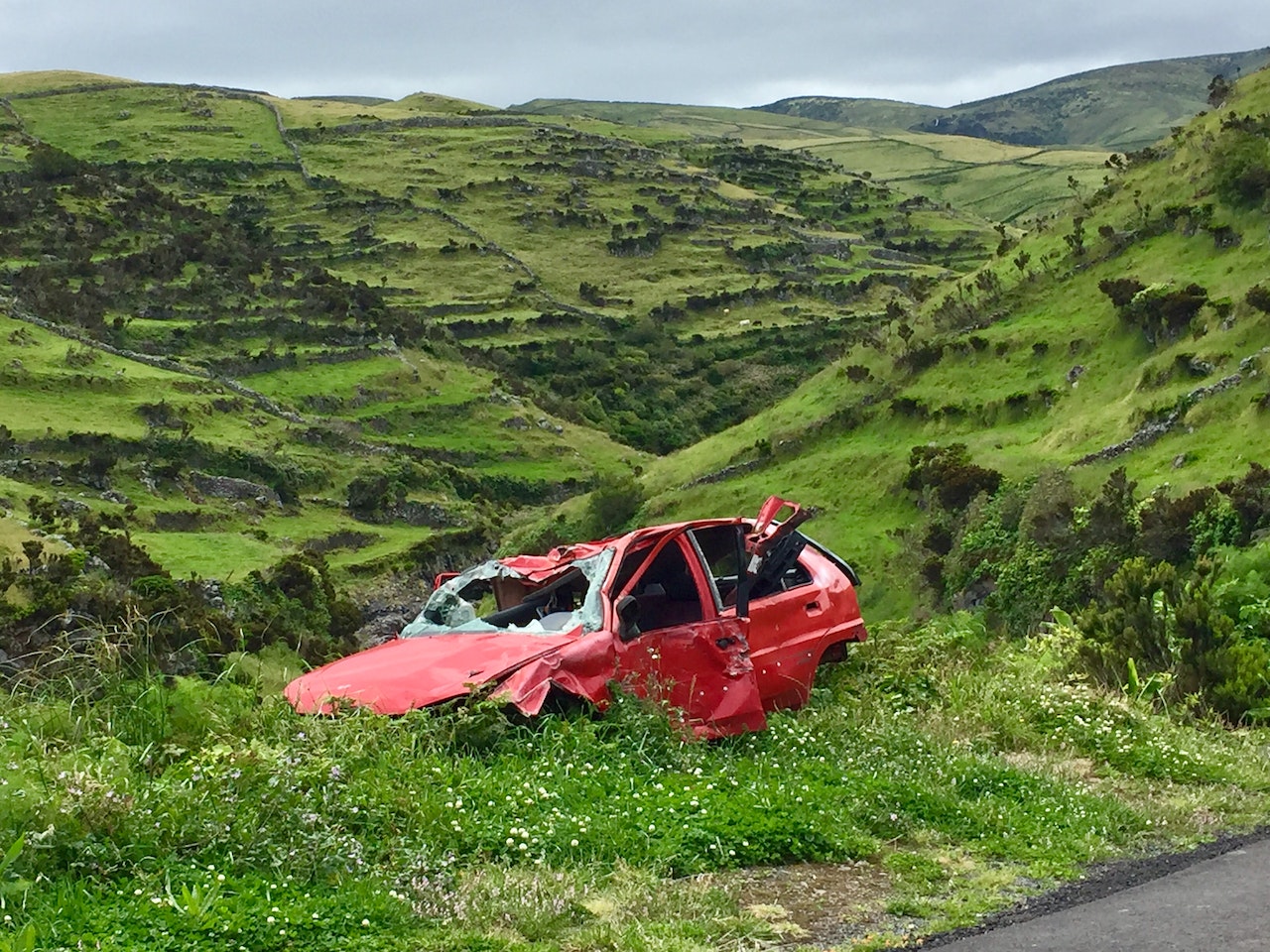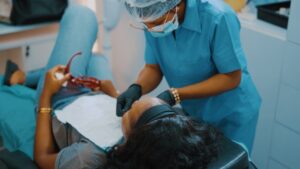Even as cars get safer, fatalities on U.S. roadways keep climbing. According to the BLS, every minute brings about 13 new car accidents.
Though you can’t ensure you won’t get into an accident, you can prepare for one. The key is to know how to deal with stress. The post-accident process is straightforward, but only if you can keep a cool head.
Want to know more about what to do after a car accident? Here’s a complete guide on how to stay safe and protect your legal rights.
Check for Injuries
The first thing you should do after an accident is to check for injuries. Start with yourself, then check the other passengers in your car. If everyone seems fine and it’s safe to do so, check on the other driver as well.
If someone’s badly hurt, don’t try to provide assistance that you aren’t trained for. Don’t try to move anyone unless they’re in imminent danger, like a fire. Instead, call 911 to get an ambulance and police on the scene.
Even if the accident was minor and nobody is seriously hurt, you should still call 911. In some states, calling 911 is mandatory. You may also have to call the police if property damage exceeds a certain amount.
Move to a Safe Area
Once you’ve taken care of the passengers, it’s time to think about vehicles. If your car is still working, move it to the side or off the road. Try to find the safest place that’s out of the way to prevent a traffic jam.
If moving the car isn’t an option, turn on the hazard lights to let the other drivers know of the danger. If you have safety cones or reflective triangles, set them up around the vehicles involved in the crash.
Exchange Information
While you’re waiting for the police to arrive, exchange information with the other driver. Get their name, contact information, and car insurance details. If the other driver doesn’t own the car, get the owner’s information.
If there are witnesses, get their information as well. If you decide to file a car accident claim, their testimonies could prove essential. Try to find neutral witnesses, i.e. someone who wasn’t directly involved in the crash.
Document the Crash
The more evidence you gather, the stronger your potential claim will be. Start by noting the details of the other vehicle involved in the accident. These include the car’s make, model, year, and license plate number.
Next, take photos of any vehicle damage and bodily injuries. Capture the scene of the accident, along with anything that may have led to the crash. Examples include missing traffic signals, area conditions, and so on.
Finally, write down some personal notes on what you think happened. If you can, draw a diagram that shows how the accident occurred. Some insurance companies, like Geico, offer apps that may help with this task.
Watch What You Say
Chances are, you’ll have a decent idea of who caused the accident. Still, it’s best to limit your interaction with the other drivers. Blaming them for the accident won’t help your case, and may cause them to flee.
Even if you think the accident was your fault, don’t admit guilt. Doing so may lead to your words being used against you later on. Similarly, don’t make any promises, particularly those related to police or insurance.
Talk to the Police
By now, police officers will have arrived at the scene. Cooperate with them to the best of your ability. In some types of car accidents, the officer may conduct a sobriety test or call for roadside assistance.
Make sure to get the name and badge number of the responding officer. If possible, get the police report number and a copy of the report. The report may contain valuable information that could make or break the case.
Notify the Insurance Company
Next, report the accident to your insurance company. You should do so as soon as possible, regardless of who’s at fault for the crash. Failing to provide timely notice could jeopardize your car insurance coverage.
If the accident wasn’t your fault, you’ll need to file a claim with the other driver’s insurance company. If it was your fault, you may still want to file a claim, as even minor car accidents can prove costly.
Cooperate with your insurance company as they investigate the accident. If they decide to deny your claim, consider hiring a lawyer. That’s the best protection against saying something that could compromise your case.
Keep Careful Records
If you suffered injuries in the accident, seek medical attention right away. Even if the injuries prove minor, medical records make your claim stronger. If the injuries are serious, keep a record of how they impact your life.
Similarly, keep records of any vehicle repairs necessitated by the accident. Even if you don’t intend to file a claim, you may change your mind later. Write down who you talk to about the accident and what you talk about.
Contact a Lawyer
If you decide to file a claim, your best bet is to hire a car accident attorney. They’ll help you collect any relevant evidence. Law firms like CHG Lawyers also have access to a network of experts who can strengthen your case.
An experienced personal injury lawyer will also be adept at negotiation. That can make all the difference in the world when it comes to accidents. They’ll know what your case is worth and how to arrive at the best outcome.
More on What to Do After a Car Accident
At the end of the day, few people expect to end up in a car accident. Still, car accidents keep happening at a staggering rate. If you want to ensure you know what to do in this situation, the above guide is a great start!
Now that you know what to do after a car accident, why not learn more about how to hire the best lawyer for your case? Keep reading our accident-related content to find out more!



